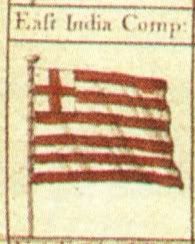Damn, how we are able to read Serbian or Croatian, Russian, Bulgarian... it must be some conspiracy behind it.
And what the heck these videos has to do with this topic or with the post of SoM ?
Demos, hun... are you Vasilije maybe... or you want to explain what exactly you understood from the first video?
And what the heck these videos has to do with this topic or with the post of SoM ?
Demos, hun... are you Vasilije maybe... or you want to explain what exactly you understood from the first video?











 OMG but the flag is "greek" no no no no you lie Bratot you damn propagandist
OMG but the flag is "greek" no no no no you lie Bratot you damn propagandist  Excellent stuff Bratot. Droysen gave them the concept of 'Hellenism' and they ran with it.
Excellent stuff Bratot. Droysen gave them the concept of 'Hellenism' and they ran with it.

Comment